In defence of emotional co-regulation
Within Western cultures, self-sufficiency is highly prized. When we talk about children we talk of self-regulation, self-settling, and independence. And when we say, ‘independence’ in reference to children we almost always mean that the children are self-sufficient rather than autonomous. In terms of emotions, there’s a persistent cultural tendency to believe that the earlier children are self-sufficient in sorting out their emotional experiences, the better. If you’ve lived within a Western culture all your life, as I have, it is easy take this cultural story as a given. But it is worth examining more closely…
This Western cultural value of self-sufficiency conflicts with our evolved tendencies as a species. We are, most certainly, social animals by nature. We are cooperative, compassionate and altruistic. Other distinctively human characteristics such as language and morality rely upon our cooperative and social nature. We evolved for emotional co-regulation. That is, through relationships, through social contact, we regulate each other’s emotional reactions and expression. To put it in everyday language, we make each other happy. We learn to self-regulate emotions too and this is important. But, I’d argue that healthy forms of self-regulation work by tapping into the evolved system for emotional co-regulation.
Paul Gilbert posits the existence of three evolved affect systems: the drive, threat and affiliative systems (Gilbert, 2009). In short, the drive system motivates us to seek resources, the threat system keeps us safe, and the affiliative system bonds us to each other and soothes us. The affiliative system holds the drive and threat systems in balance and is turned on through caring social contact. We can learn to self-regulate through turning on the affiliative system ourselves. This is an option for us because we are symbolic, verbal creatures. A thought, an imagining, a memory, or a word can stand in for an actual person, psychologically. In a difficult moment, you may feel comforted recalling what a beloved grandparent would say to you if they were here. Your affiliative system may be activated even though your grandparent is not physically here at all, even if your grandparent is in fact long dead.
This is crucial to understand when it comes to children. Young children are still learning symbolism and language and cannot be expected to turn on their own affiliative systems. In fact, children need many repetitions of loving co-regulation in order to have anything to draw upon for self-regulation later. In order to be able to comfort yourself in a difficult situation by imagining what your beloved grandparent would say you first of all need many childhood experiences of being compassionately comforted by a grandparent! With young children our focus should be, not on self-sufficiency, but on providing sensitive, compassionate and responsive care, trusting that self-regulation will develop in time. Children who learn skilful emotional co-regulation during the preschool years are actually better, not worse, at self-regulation later on (Gottman, 1997).
Seeking early emotional self-sufficiency in your children is often not helpful. In fact, many experiences of emotional co-regulation will grow their capacity to self-regulate in time.
Apply it in your life: give your child many repetitions of loving co-regulation, trusting that self-regulation will develop with time.
References:
Gilbert, P. (2009). The compassionate mind. London: Constable & Robinson.
Gottman, J. M., Katz, L. F., & Hooven, C. (1997). Meta-emotion : how families communicate emotionally Mahwah, N.J: Lawrence Erlbaum Associates.
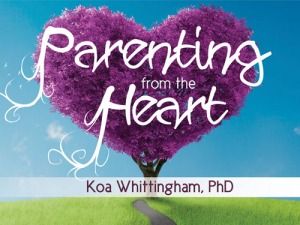


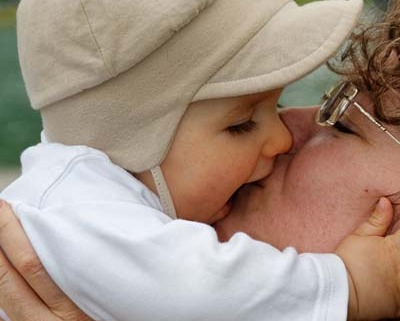


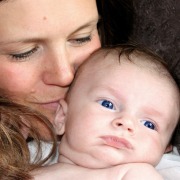
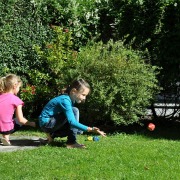
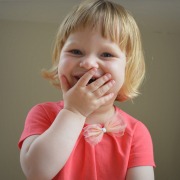


I like this. I’ve been experimenting with my own emotional reserves in the last twelve months, and found scheduling time with friends is a great lift. That makes sense in light of this article. It’s building an active co-regulation system.
Yes, makes perfect sense. Thanks!
Thank you so much for this article. We have been practicing compassionate caring with our toddler when he’s upset, and it’s very hard not to feel judged as “soft” parents or wonder if we’re “spoiling him”. The concept of co-regulation fits well with my values as a parent & I feel more confident to continue to trust my instincts.
Hi Helen,
Good for you! The idea that we must choose between responding to our children’s distress with compassion and ensuring that we don’t reinforce misbehaviour is quite false. It is possible to do both at the same time. You might be interested in reading another blog post I wrote on that exact topic here: https://www.koawhittingham.com/what-if-my-child-is-both-distressed-and-misbehaving/